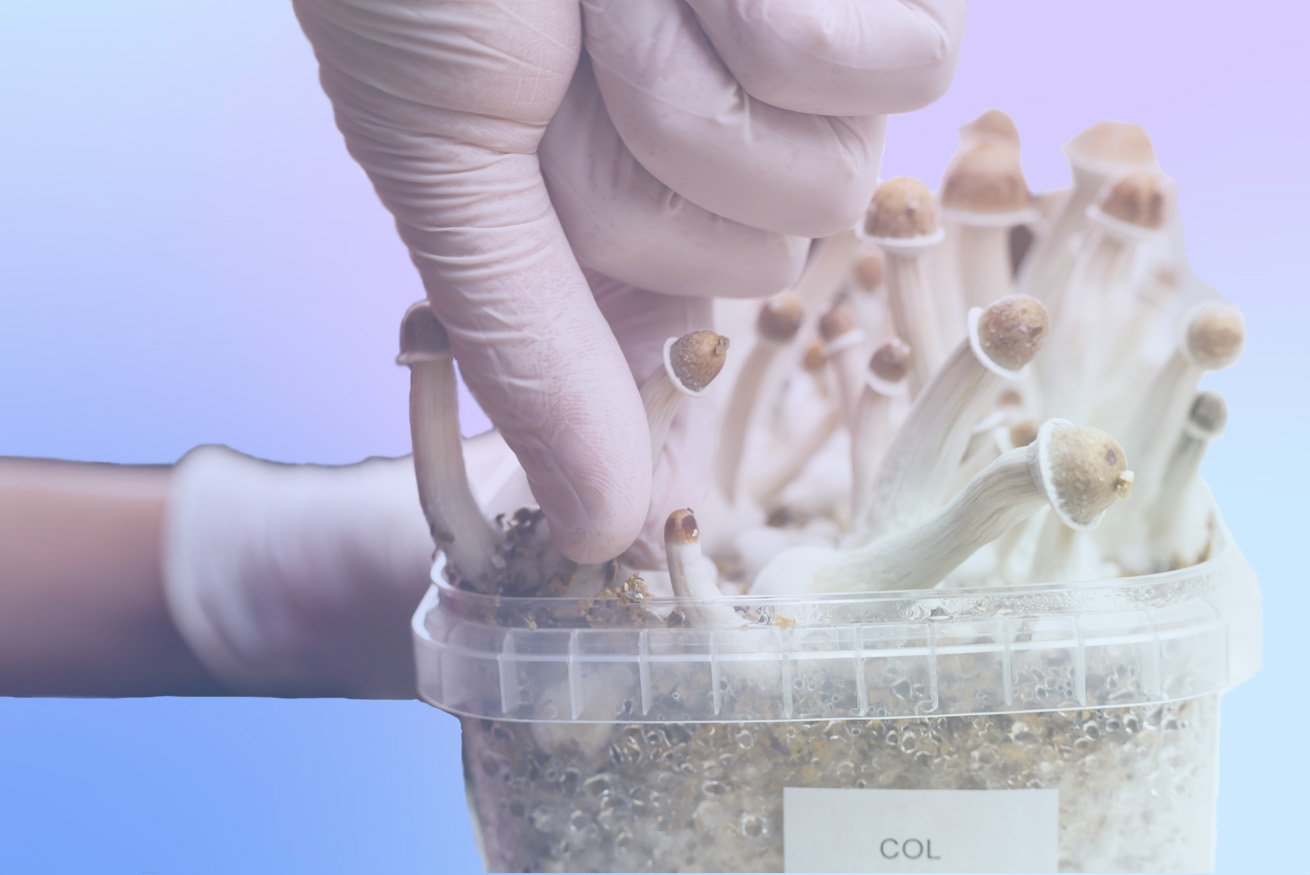
The Drug Enforcement Agency (DEA) has again boosted the manufacturing of psychedelics such as psilocybin, psilocin, MDMA, LSD, and DMT in the United States with the release of its final production quotas for 2021.
Under the Controlled Substances Act, the production of Schedule I and II drugs to support the nation’s scientific, research, and industrial needs are limited by the DEA who set Aggregate Production Quotas (APQs) for each substance every year.
In a notice published in the Federal Register today, the DEA has significantly increased the quotas of several substances, notably MDMA and DMT, which have been upped from 50 grams to 3,200 grams — a whopping 6300% increase. Psilocybin has also been quadrupled from 1,500 grams to 6,000 grams, and psilocin has been increased 250% from 1,000 grams to 3,500 grams.
This comes after, in September, the agency previously proposed a significant increase to the 2021 APQs of psilocybin and psilocin to 1,500 grams and 1,000 grams, respectfully.
Compared to the proposed 2021 quotas, the final APQs for the year are as follows:
- Psilocybin: 30 grams → 6000 grams
- Psilocin: 50 grams → 3,500 grams
- MDMA: 50 grams → 3,200 grams
- DMT: 50 grams → 3,200 grams
- LSD: 40 grams → 40 grams
- Mescaline: 25 grams → 25 grams
In the notice, the DEA explained that it had responded to commenters requesting higher quotas of these drugs “in response to the nationwide public interest in hallucinogenic controlled substances research.”
The agency noted: “The adjustments to select hallucinogenic Schedule I controlled substances occurred after the DEA received additional Schedule I research protocols from DEA registered researchers and quota applications from DEA registered manufacturers.”
Looking to 2022, the DEA in October published its proposed APQs for next year, where it has suggested increases to the production of many of these substances to reflect the increasing demand for their use in research and clinical trials.
The agency said it had approved new applications by researchers and manufacturers to grow, synthesize, extract, and manufacture specific Schedule I substances for clinical trial purposes. “The DEA supports regulated research with Schedule I controlled substances, as evidenced by increases proposed for 2022 as compared with the APQs for these substances in 2021,” the DEA said.
The most significant change for 2022 compared to the final 2021 quotas are the proposed increases to LSD — up 1150% from 40 grams to 500 grams — and mescaline’s four-fold increase from 25 grams to 100 grams.
However, psilocybin production is only proposed to be 3,000 grams and psilocin 2,000 grams, compared to 2021 final quotas of 6,000 grams and 3,500 grams, respectfully. DMT production is also proposed to be lower than its final 2021 APQ, at 250 grams compared to 3,200 grams. MDMA production is suggested to be 3,200 grams, the same as its final quota for 2021.





